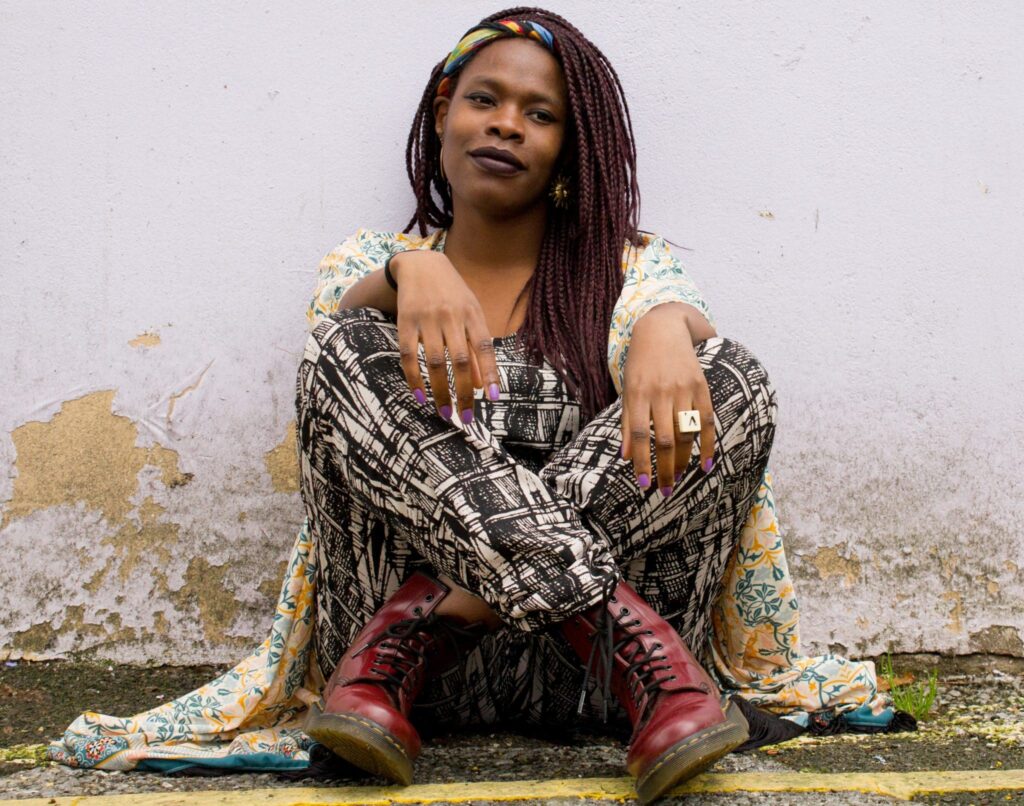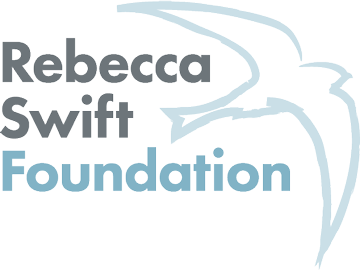I’m often asked about the Purpose of Poetry. Usually, I’m armed with a scattering of stock answers, duty bound to extoll its virtues. I have a vested interest, of course; an irrational desire to account for my professional choices. But in times like these, its a question I’m taking more seriously. A pandemic. A war. A volatile government. Bills that ransack our pockets whilst oil profits reach new highs. We endure all of this with the constant backdrop of private griefs and heartaches to bear, too. How, in the midst of all this, could a poem matter?
I recall the bracing words of lisa luxx, a poet and activist at the forefront of reimagining what communal poetry might be:
When I went to visit the family of a Syrian refugee baby I’d been helping organise medical care for, I observed their eyes lighting up as I admitted to them, “انا شاعر” – I’m a poet. It was inappropriate of me not to have a poem to share right then and there, a practical poem for the small room we sat in. So, we bent our heads in silence, sharing the maqlub between us, a giant mound of rice. In the silence I decided I wanted to write rice. How can poems be as useful as grains of rice in crisis?
Poetry is not, can never be, a wax sealed promise of victory. I am suspicious of any writer that claims it could be. A poem that understands both its power and its limits is a thin yet robust string that links the intangibility of feeling to the firmer footing of language. I like the idea that a poem might be slipped underneath a mug of tea or muttered into a voice note, another integral aspect of mutual solidarity.
*
Like too many of us, the first thing I do when I wake up is check my phone and scroll through social media. One morning, amongst the usual detritus of world catastrophe and cat memes, there it was: a precious glimmer of good news. The far right Brazilian president Jair Bolsanaro had been voted out. In his place: Luiz Inacio Lula da Silva, the country’s first working class president in 2002 was now re-elected. These words in particular struck me: ‘The powerful can kill one, two or a hundred roses/ but they’ll never stop the arrival of spring/and our fight is in search of spring’.
It may not be a poem by strict definition. But this speech, even in translation, is deeply poetic in its imagery, propulsive rhythms and aching plurality. There’s the relentless search for justice, yet not a guarantee of its arrival. It’s unabashedly hopeful, yet knows how arduous the fight for progress is. In fact, I take my earlier statement back. This is a poem, as much as any you might find in Poetry Review. And unlike many poems, it reaches a critical mass of people where they are: in the streets, on their phones, mired in the grim business of living. This is not to say the value of a poem is measured by how many people it reaches. Rather, that a nourishing poem shouldn’t be curtailed by elitist ideas of how and where it proliferates.
However, when we read only to extract a definitive meaning or uncritical mirror of our most basic feelings, we don’t allow for poetry to do the work it’s capable of. Change is transformative and necessarily uncomfortable. Poet Jack Underwood writes brilliantly about the importance of cultivating uncertainty. With poems, he says, you never get to settle on a final meaning for your work, just as you never get to feel settled, finally, as yourself. I’m not necessarily adverse to poetry that’s simple and overt with its message. However, we do have to build a wider appetite for poetry that asks more from us than mere comprehension or facile sentiment. Just as the current problems of the world demand we push ourselves past our comfort zone to find solutions, it follows that we lean towards literature that does the same.
*
Change is a loaded word. It implies seismic, undeniable evidence of transformation. But what of all the incremental, imperceptible shifts? Since we cannot measure how and to what extend poetry moves us in the making, reading and hearing, then poetry changes us, and the world, in ways we cannot hope to quantify. It’s the synapse between a stimulus and a reaction, the butterfly’s skittish wing, the sliding door that split Gwyneth Paltrow in two. We don’t need to hold poetry to trial or account; it does as much or as little as we dare it to. Poetry, like our emotions, is disobedient, disruptive to the metrics of a rapacious and materialistic world. Before any social change can occur, we must first imagine something better. If language is imagination’s vehicle, poetry is the form that stretches language to its furthest extent. I’ll leave the last word to Ada Limon, current US Poet Laureate: She is skeptical of ‘big pronouncements about poetry saving us’. The only truth she feels comfortable asserting is that ‘poetry can make us feel. And right now, maybe that’s enough. It doesn’t have to bring us hope or joy, it just has to remind us that we feel’.

Vanessa Kisuule is a writer and performer based in Bristol. She has won over ten slam titles including The Roundhouse Slam 2014, Hammer and Tongue National Slam 2014 and the Nuoryican Poetry Slam. She has been featured on BBC iPlayer, Radio 1, and Radio 4’s Woman’s Hour, Blue Peter, Don’t Flop and TEDx in Vienna. She has appeared at an array of literary and music festivals and was Glastonbury Festival’s Resident Poet in 2019. She has been invited to perform all over the world from Belgium to Brazil to Bangladesh.
Her poem on the historic toppling of Edward Colston’s statue ‘Hollow’ gained over 600,000 views on Twitter in three days. She has two poetry collections published by Burning Eye Books and her work was Highly Commended in the Forward Poetry Prize Anthology 2019.
